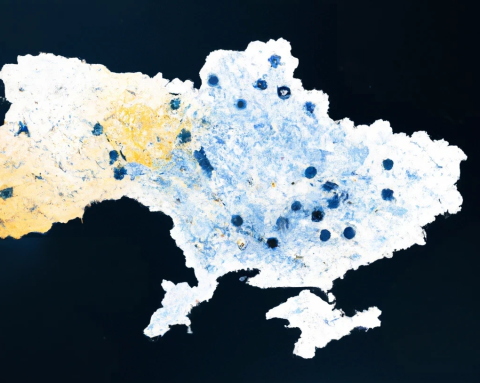GAIA
Background
Recent advances in cloud computing and higher network capacities have led to online services being hosted at diverse geographic locations. Outsourcing of services for commercial reasons have become common. The growth of the internet infrastructure has happened dynamically and has been based on trust. Therefore, many countries now rely on services that are not contained within their respective national borders. These may be general services, such as Google, WhatsApp and Facebook as well as the DNS infrastructure and microservices critical to national services like health and online banking.
This development has led to our society becoming increasingly vulnerable to cyber-attacks and major disruptions. Recent increases in cyber attacks and their potential harmful ramifications have made combating cyber vulnerabilities a national security priority. Consequently, an increasing number of states are calling for tighter controls on service placement and Internet connectivity in order to maintain national autonomy. While these fears could be warranted, a premature push in this direction may undermine the very fabric of openness and trust that binds the Internet together.
In this respect, GAIA aims to fill an important gap in our current knowledge, which is the lack of maps that describe the geographic distribution of online services. Such maps will provide an understanding of how Internet traffic travels between different countries and allow us to explore how internet connectivity interplays with geopolitics. GAIA will achieve that through an interdisciplinary effort that combines technological and political aspects of the problem. To this end, the project consortium comprises a unique set of stakeholders, including computer scientists, social and political scientists, regulatory bodies and network operators.
See GAIA's webpages here.
Partner
SimulaMet is partnering with The Norwegian Institute of International Affairs (NUPI) to deliver this project.
Outcomes
The insights gained by the GAIA project will help reducing the vulnerability of our society to potential harmful attacks on communication infrastructures which in worse case could harm our economy, endager our democracy and even result in loss of
The envisioned results of GAIA will thus contribute to improve our understanding of the complex interplay between digital vulnerabilities and national autonomy, which will be of relevance to policy makers, technologists and end users.
And just as important, GAIA's findings will provide regulators and policy makers with expert opinions that will help navigating the intricate conflict of interest between national autonomy and the trust-based openness on which the current Internet is based.
Consortium and methods
The project consortium comprises a unique set of stakeholders, including computer scientists, social and political scientists, regulatory bodies and network operators. GAIA will be using a combination of methods; measurement and data analytics, testbed experimentations as well as interviews and case studies.
